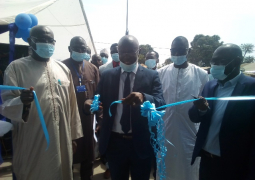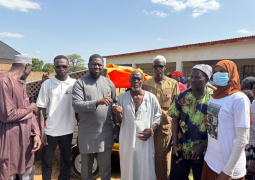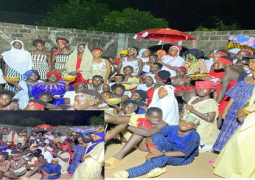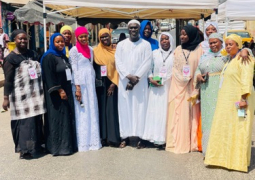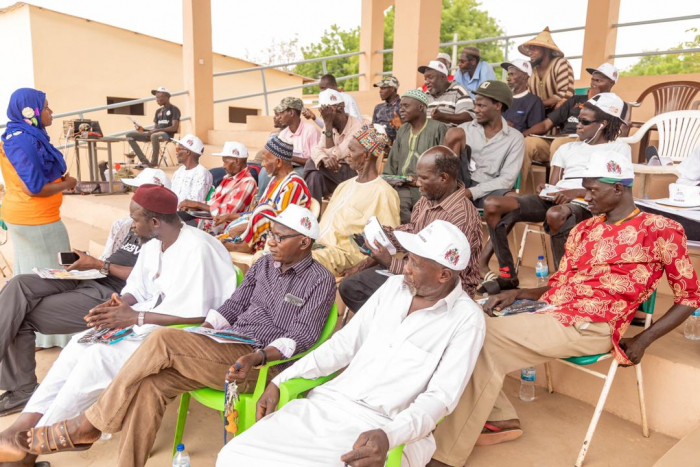
Mustapha M.S.C. Njie made these remarks on Tuesday at the Kaur Youth Center during the United Nations Population Fund (UNFPA) Husbands’ Schools ongoing engagement with male heads of households on Gender-Based Violence (GBV) and Sexual and Reproductive Health (SRH).
The engagement is part of the 12-day “I Am for Zero” campaign by UNFPA and its partners. The campaign seeks to promote the realisation of UNFPA’s three transformative results: zero unmet need for family planning; zero preventable maternal death; and zero GBV and harmful practices.
He observed that GBV affects the lives of people especially women who are most often the victims.
“It is my hope that from now, men in my communities especially those who participated in the Husbands’ Schools will know how to address various forms of GBV rather than perpetrating such violence on women and girls.”
Alkalo Njie commended UNFPA and its partners, describing the campaign as a laudable initiative.
The campaign aims at finishing the unfinished business in Sexual and Reproductive Health as stipulated in the Programme of Action of the International Conference on Population and Development (ICPD) and Gender-Based Violence specifically targeting women, men, adolescents and young people in hard-to-reach communities in Central River Region North, the Baddibus in the North Bank Region and the Wuli or Fatoto area in the Upper River Region.
The Husbands’ Schools is a UNFPA strategy for enhancing male involvement in SRH and addressing GBV. Given the patriarchal nature of Gambian society and the pivotal influence men have in their homes and communities, engaging them in discussions around the role they can play in ensuring an end to GBV by promoting the prevention of violence and promoting public acceptance and use of the available response services is critical. Similarly, they are the gatekeepers for ensuring community uptake of SRH information and services, particularly family planning.
Within the context of the COVID-19 pandemic, the engagement was also used to strengthen risk communication and community engagement on the pandemic especially in dispelling myths, misconceptions and misinformation around vaccines and encourage community residents to be vaccinated.


